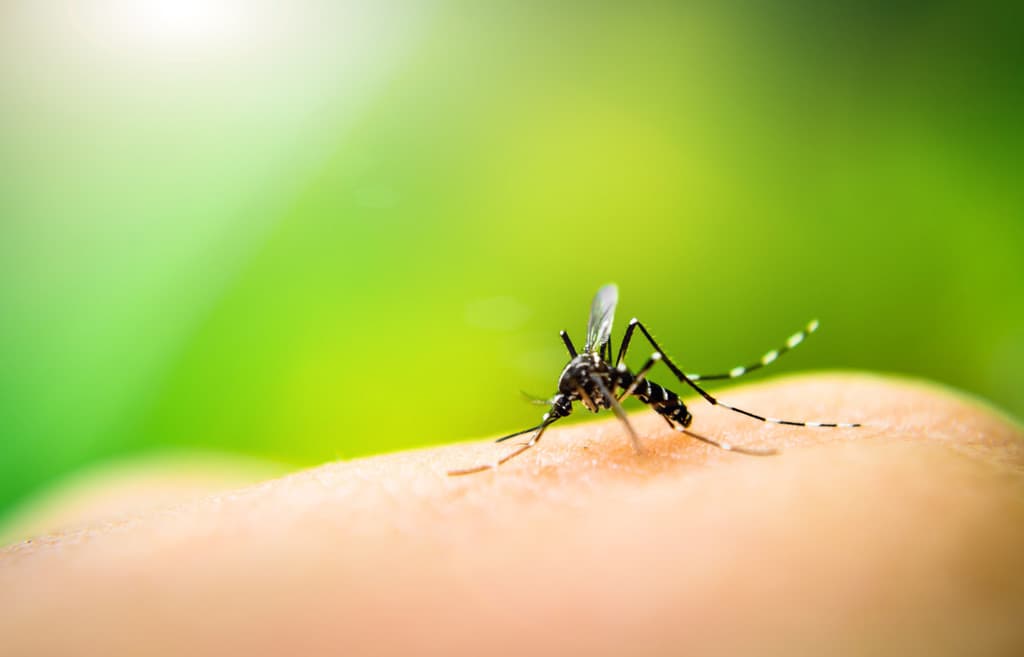We're loading the full news article for you. This includes the article content, images, author information, and related articles.
The World Health Organization has endorsed spatial mosquito repellents manufactured in Nairobi by SC Johnson, which provide year‑long protection against malaria and other mosquito‑borne diseases

Nairobi, Kenya – The World Health Organization (WHO) has endorsed a new class of mosquito spatial repellents produced in Kenya, signalling a breakthrough in the fight against malaria and other vector‑borne diseases. The repellents, developed by SC Johnson and manufactured at its Nairobi factory, provide protection for up to a year and can be used indoors or outdoors without direct contact with skin.
SC Johnson’s chairman and CEO Fisk Johnson said the company has invested more than US$100 million to develop and produce the repellents, which will be sold at cost as part of a not‑for‑profit initiative. The Nairobi plant is capable of producing 20 million units annually, enough to supply households across Africa. Johnson said the endorsement underscores Kenya’s role in addressing global health challenges and could reduce reliance on imported mosquito nets and sprays.
Malaria kills more than 600,000 people each year, mostly in sub‑Saharan Africa. Traditional interventions such as bed nets and indoor residual spraying have reduced cases but face challenges ranging from insecticide resistance to inconsistent use. Spatial repellents emit a vapour that deters mosquitoes from entering treated spaces, offering an additional layer of protection without chemicals touching the body. Trials in Indonesia and the Americas show they can reduce malaria incidence and other mosquito‑borne illnesses.
The Kenyan government welcomed the WHO endorsement, saying it would support local manufacturing and distribution. Health officials are working with community organisations to educate households on how to use the repellents effectively. Public health experts note that while the products are not a silver bullet, they could be transformative when combined with existing measures.
SC Johnson plans to supply the repellents to humanitarian agencies, governments and retail markets across Africa. The company said it will reinvest any surplus revenue into research and distribution programs aimed at eradicating malaria. As the products hit the market, Kenya hopes to demonstrate how locally made innovations can contribute to global health solutions.
Keep the conversation in one place—threads here stay linked to the story and in the forums.
Sign in to start a discussion
Start a conversation about this story and keep it linked here.
Other hot threads
E-sports and Gaming Community in Kenya
Active 9 months ago
The Role of Technology in Modern Agriculture (AgriTech)
Active 9 months ago
Popular Recreational Activities Across Counties
Active 9 months ago
Investing in Youth Sports Development Programs
Active 9 months ago